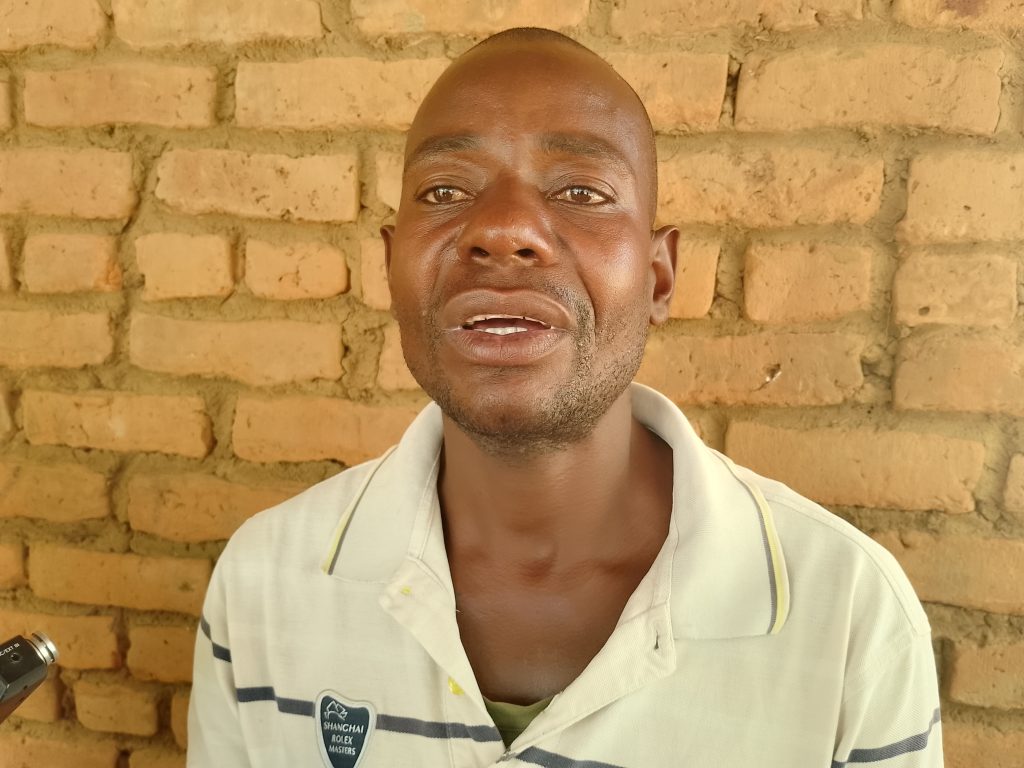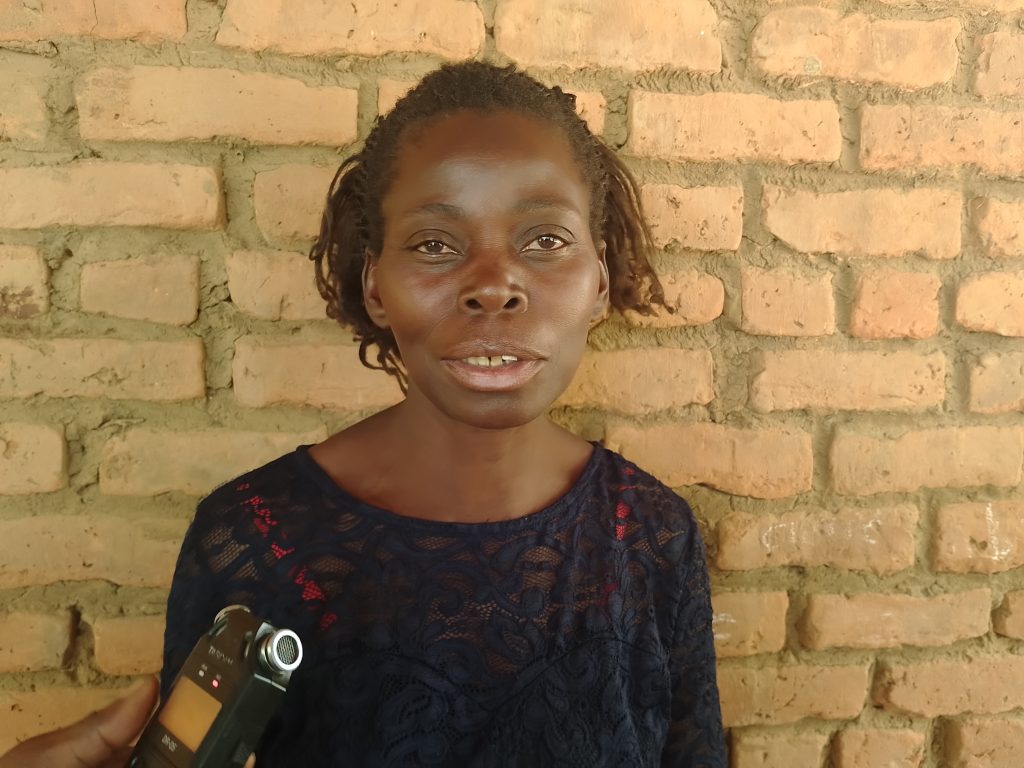Combined efforts to get every child and mother vaccinated against diseases are paying dividends in the area of Village Head (VH) Chiute of Traditional Authority Mlonyeni in Mchinji district in Malawi.
By November 23, 2024, a total of 532 babies and 32 expectant women had been vaccinated against various diseases such as malaria and measles in his area.

VH Chiute, who is also a patron for Tadala – Tsamphale Mother Care Group (MCG), attributed the success to a vibrant working relationship between healthcare workers and community leaders.
“The duty of the healthcare workers is to ensure that vaccines are available at all times while we, the community leaders, mobilize caregivers and expectant women to receive the doses,” he said.
VH Chiute expressed the sentiments when journalists from various media institutions visited the area courtesy of PATH, which organized the tour in collaboration with the Ministry of Health.
PATH, as part of the Typhoid Vaccine Acceleration Consortium, is a key partner to the Ministry of Health and Expanded Programme on immunization to support these critical activities.
Experts have touted immunization as one of the most cost-effective preventive healthcare interventions, stressing that it is a driving force in reducing child mortality, especially by controlling vaccine preventable diseases. It is reported that globally, immunization prevents 3.5 million to five million death every year from diseases such as diphtheria, tetanus, pertussis, influenza and measles.
However, long-held traditional and religious beliefs have made it challenging for healthcare workers to increase the uptake and utilization of vaccines.
Among others, lack of time, poor awareness, fear of adverse event, loss of daily income, and migrant population have been cited as some of the major reasons why caregivers and vaccine takers would not want to get immunized.
Lack of good behavior of healthcare workers is another crucial factor perceived by caregivers and takers as barrier in the immunization campaign.

Scholastica Banda is the chairperson for Tadala – Tsamphale MCG, which works with a local health facility to improve acceptance and uptake of the vaccines by communities.
Trained by the Malawi Health Equity Network (MHEN) in October 2019, the group goes door to door to check on pregnant women and those who have under-five children to encourage them to go for under-five clinics so that their children can get different types of vaccinations.
But Banda lamented that high illiteracy levels, poverty, gender, living conditions, lack of awareness continue to hinder progress in the utilization of the vaccines even in the presence of no cost immunization programme and other healthcare services.
She therefore emphasized the need for collaboration and coordination in ensuring high immunization coverage and its acceptance among the beneficiaries.
“Some fail to access because they are very hard to reach while others shun away from to access health facilities because their children were not born at a health facility. So it is our duty to liaise with healthcare workers to incorporate them,” she narrated.
Deputy Director responsible for Health Promotion Services in the Ministry of Health, Dr. Kondwani Mamba, concurred with Chiute and Banda, saying it is for this reason that the ministry is working with stakeholders to achieve the goal.

Mamba stated that immunization is a multi-sectoral activity, and a substantial variability in coverage is influenced by varying demographic, socioeconomic and political structures.
“That’s why despite the high coverage that we have achieved in other areas such as Mchinji, we still have a significant proportion of our children or clients that are supposed to receive vaccinations, but are not accessing vaccines. We still have cases of zero dose, meaning that that particular individual, that particular child, has not received any type of a vaccine, which is a very big threat to the health of the population and the individuals concerned,” he explained.
